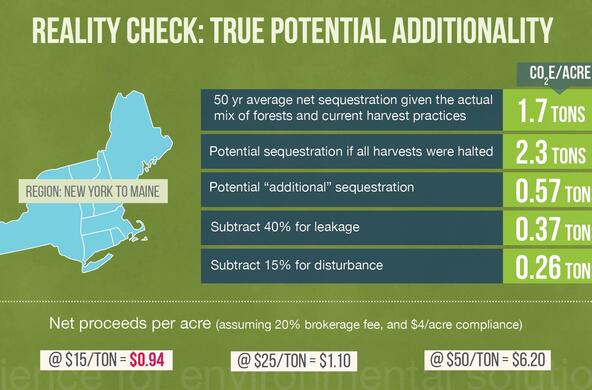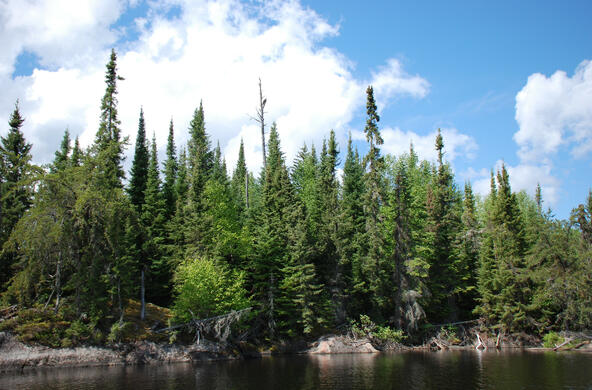Last year, we received certificates that featured attractive artwork, Alfred Nobel's name, and the King of Norway's signature. No, we didn't win the Nobel Peace Prize. But in 2007, our scientific contributions did help Al Gore and the Intergovernmental Panel on Climate Change win theirs.
Al Gore's efforts to increase climate change awareness have been relentless; most of us are familiar with his documentary "An Inconvenient Truth." The International Panel on Climate Change is less of a household name. It was formed by the World Meteorological Organization and the United Nations Environment Programme to provide decision makers with an objective source of information about climate change.
The panel consists of hundreds of scientists from around the world. They are tasked with assessing:
- Whether the Earth's climate is changing and, if so, why.
- What effects rapid climate change will have on natural and human ecosystems.
- What options and adaptations we can take to mitigate these effects.
Your neighbors at the Cary Institute and Bard College have played a role in this process.
In the words of the Nobel Peace Prize committee, we were thanked for our "efforts to build up and disseminate greater knowledge about man-made climate change, and to lay the foundations for the measures that are needed to counteract such change."
Our certificates are a reminder that strong scientific recommendations (in this case, on climate change) are built on research provided by large groups of scientists that engage in the peer-review process. The panel's report is based on published data amassed by more than 4,000 global change experts. Hundreds of International Panel on Climate Change scientists worked in collaboration to distill this information into objective and balanced reports about climate change.
These reports provide the data behind Al Gore's advocacy: the Earth is warming and our fossil fuel dependency is at the heart of the problem. They also illustrate several important aspects about science.
First, and foremost, they highlight the fact science is an open, community process. Individuals pose ideas and hypotheses, test them with experiments, and then share their results and conclusions with colleagues in open meetings and publications. Other scientists can then test these conclusions by repeating the experiments and/or by doing other experiments.
Over time, a scientific consensus builds up as numerous investigators conduct numerous experiments and come to the same conclusion. And so it is with climate change. Thousands of scientists conducting thousands of experiments have come to the same conclusion: the world's climate is changing because of human activities.
So why is climate change still a controversial topic? The short answer is lots of people make their living from the extraction, sale and use of the fossil fuels that cause climate change. The scientists who participated in the panel reports did so without monetary incentive. It was done to make objective findings available to decision makers, to provide a unified voice about an issue that was politically unpopular.
In the media, a handful of paid skeptics challenge the validity of climate change. It's important to remember their view is very much in the minority. When you are trying to decide where you stand on the issue, keep in mind the International Panel on Climate Change's findings were based on an open process with no vested interests and thousands of pieces of evidence.
When the panel was awarded the 2007 Nobel Peace Prize, an important message was sent to society about the value of the scientific process and reality of climate change. For the sake of future generations, the panel's report needs to be taken seriously by both politicians and citizens. We were honored to be part of the process.





